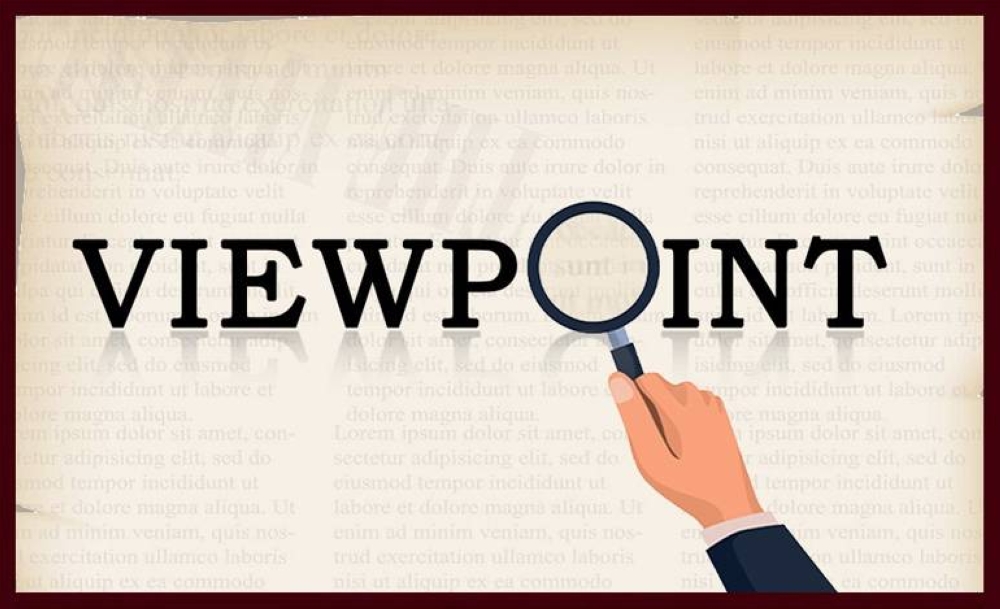In an ornate chair, surrounded by expensive furniture and artefacts, Gabon’s ousted president Ali Bongo pleaded in a video on Wednesday for allies to “make noise” after a military takeover that threatens to end his family’s nearly 60 years in power.
Noise may be all he gets.
If successful, Wednesday’s coup in Gabon would be the eighth in West and Central Africa in three years. The other seven have one thing in common: none have succumbed to international efforts to overturn them.
Widespread condemnation, or the threat of military intervention, have done little to unseat coup leaders in Mali, Burkina Faso, Guinea, Niger and Chad since 2020. Sanctions on some of those countries have hit ordinary citizens and appear to have only hardened resistance to outside interference and bolstered popular support for the various juntas.
With world powers short of new ideas, and with Gabon’s government already dissolved and its borders shut, security analysts see little chance that Bongo’s pleas will come to anything. That, they say, might embolden other would-be military putschists in the region.
“The danger is that all these coups show the inability of the international community to restore democratic rule,” said Maja Bovcon, senior Africa analyst at London-based risk firm Verisk Maplecroft. “I don’t have much hope that this time round things will work differently.”
Wednesday was supposed to be a day of celebration for Bongo.
Minutes before the coup announcement, Gabon’s election authority declared him the emphatic victor of Saturday’s election. The win would have handed him a third term in office and extended the Bongo dynasty, which began when his father Omar took power in 1967.
Instead, he appeared stuck, powerless, in his residence.
“Nothing is happening. I don’t know what is going on. I am calling on you to make noise, to make noise, to make noise. I am thanking you,” he said in the video.
How regional and international powers will react is not yet clear. The African Union and the United States said they are following events with concern. France condemned the coup.
But of the many high-profile international condemnations, none publicly called for Bongo himself to be reinstated — a stark difference to the aftermath of the July 26 takeover in Niger where some called for ousted President Mohamed Bazoum to be restored to power.
At home, anger towards Bongo, who was handpicked to succeed his father in 2009, had simmered for too long. Elections in 2016 were widely seen in the international community as fraudulent and sparked deadly violence.
Critics say Gabon’s oil wealth circulated solely among the Bongo family and its allies while many lived in poverty, and that corruption was rife. Saturday’s elections were followed by a shutdown of the Internet and of international news stations.
The triggers for the Gabon coup were different to those in the Sahel countries further north, where insecurity caused by militants has done much to sway public opinion. But the impact is probably similar, in that it could lead to more coup attempts against long-standing rulers in the region.
In neighbouring Cameroon, President Paul Biya has ruled for over 40 years, maintaining his hold on power through sham elections and heavy-handed crackdowns on the opposition.
President Denis Sassou Nguesso has ruled Congo Republic for a total of 38 years. He changed the constitution in 2015 to extend term limits and was re-elected with 88% of the vote in 2021.
“If you look at some of the governments that have fallen to coups in Africa, these are undemocratic governments that are unpopular and that use the military to leverage power,” said Ryan Cummings, director of analysis at South Africa-based Signal Risk.
“When you look around the region, a few other examples come to mind.”
Opinion
With Gabon, Africa’s coup wave shows little sign of stopping
The win would have handed ousted president a third term in office and extended the Bongo dynasty

